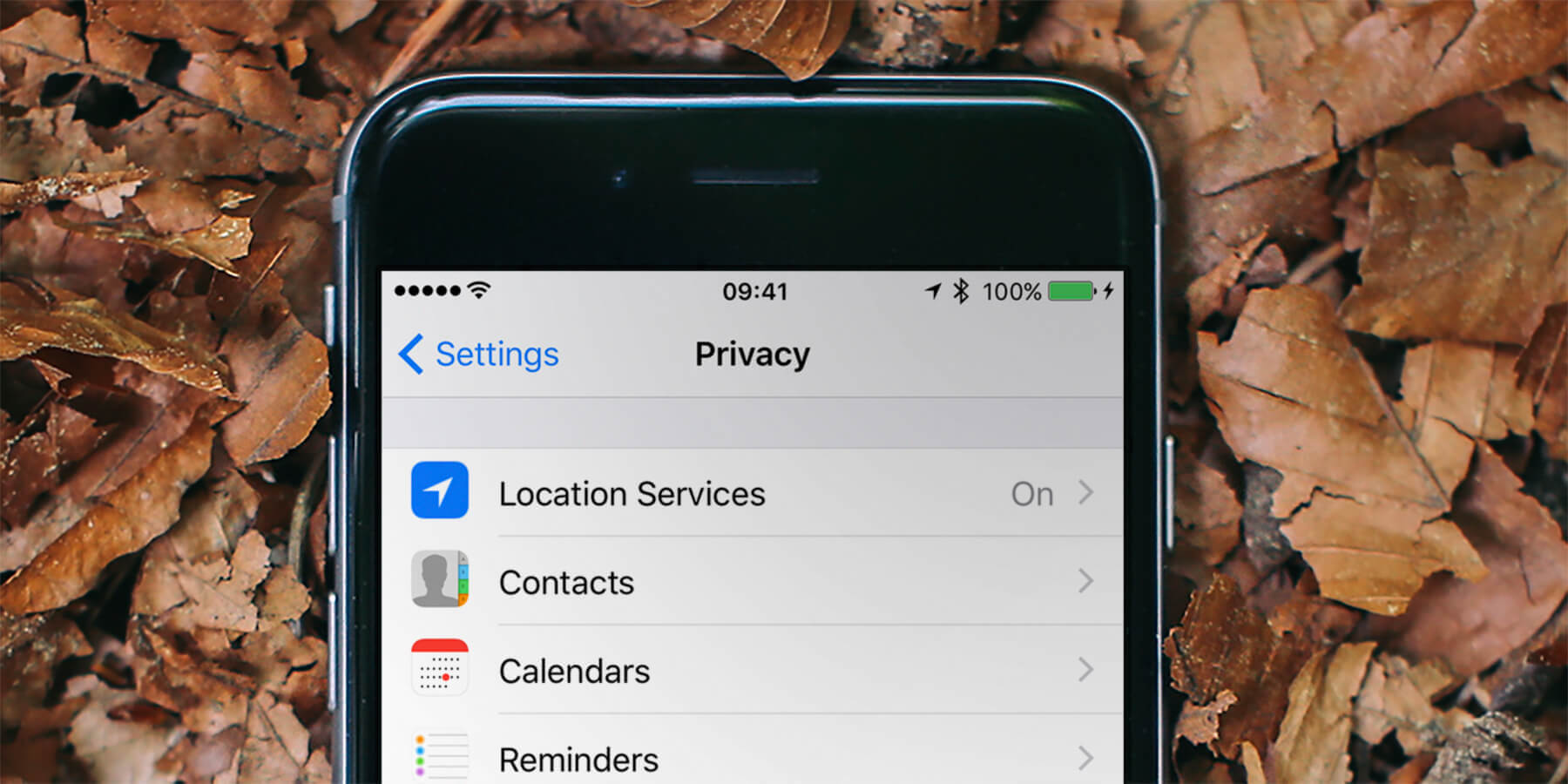The U.K. is set to propose an “Investigatory Powers Bill” which, if passed, could force Apple to downgrade the encryption in iOS to allow law enforcement access to personal data during investigations.
Currently, iPhones running iOS 8 and above are designed to offer complete security when locked with a passcode. The levels of encryption involved mean that Apple can’t access the data on the phone, even if asked to by a government warrant. It’s a system that empowers the users by ensuring nobody else has the “keys” to their device. Apple also implements end-to-end encryption for its other services, explaining that it has “no way to decrypt iMessage and FaceTime data when its in transit between devices.”
The Telegraph has reported that British Prime Minister David Cameron will back the controversial bill, arguing that the Internet shouldn’t become a “safe space” for criminals to communicate unmonitored. Despite Cameron’s views, the proposition is expected to “face a tough route through parliament” and be unpopular with the general public.
A similar bill proposed in the U.S. caused a lengthy back-and-forth between leading tech companies and the government. The FBI are strongly in favor of smartphones allowing “back door” access for use in federal investigations, but after strong opposition from companies including Apple, Google, Microsoft and Facebook, eventually the U.S. government backed down. The Obama administration conceded it would be impossible to implement government-only access without compromising security to the extent that cyber-terrorists and hackers could easily get in as well.
The UK government is to propose an anti-privacy bill that could force Apple to tone down security on its iPhones: https://t.co/YAskRwwIr0
— TapSmart (@TapSmart) November 3, 2015
If the U.K. law is passed, Apple and other smartphone manufacturers will be banned from using such strong encryption techniques in their software. It’s unclear how the company would respond to such a law, but Apple’s commitment to your privacy suggests it will fight the issue where it can.

